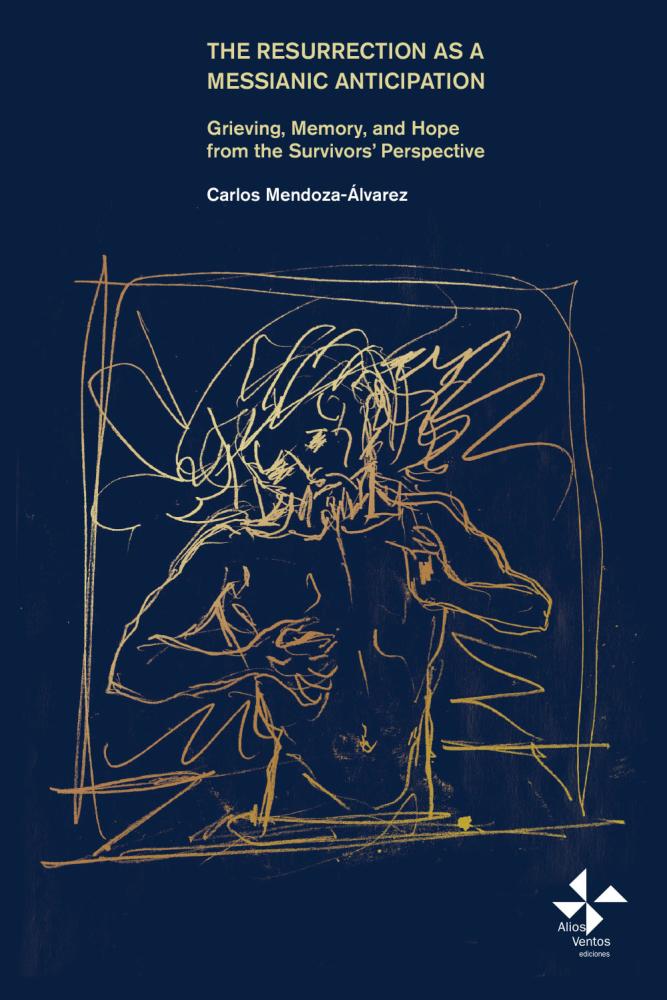PayPal
Donar a este proyecto =)
The first part of a trilogy on the idea of tradition, The Resurrection as a Messianic Anticipation proposes a theology of new life from a postmodern and decolonial perspective. This investigation of the resurrection’s foundational event starts from the analysis of intersubjectivity in our times of extreme violence, based on the creative imagination deployed by the systemic victims. From this existential background, the author offers a creative reading of the Christian faith in the full life of the "Crucified One Awoke" dialoguing with the reason that arises from the social, cultural, and spiritual resistances that dismantle the violence produced by patriarchy, colonialism, and capitalism colluded with sacrificial religion. It will be followed by two volumes on the theology of tradition thought as a symbolic resistance and as a political sacramentality of the new world born from the reverse side of hegemonic history where it is possible to listen to the murmur of God thanks to the persons and communities that live the messianic times as a living tradition in constant transformation containing an ethical, political and spiritual task for all humanity.
One of the temptations of the preacher is to make all conversations about grace too “nice”. But a true preacher of grace, like Carlos, knows that this does not help people grow in faith at all. In this book, Carlos continues his ambitious, multi-volume quest to make it possible to live the Christian faith authentically without either dumbing down our intelligence or forcing us into a Stockholm syndrome of speaking “well” while tamping down the realities through which we are really living. Hence, Carlos has put his nets deep into the life experiences of different groups of those who have lost, of those for whom the outrage of death is a constant reality, and who have had to learn a new language in order to speak at all. All this is in service of giving us a sense of how much of a shake-up truly theological faith in the resurrection is when it is discovered on the inside by those who have found themselves caught up in an anarchic uprising of hope. I learned much from this book.
—James Alison, Priest and Theologian, Feast of St Dominic 2024
The Resurrection as a Messianic Anticipation signals the road ahead for political and liberation theologies. We can and must place our hope in the resurrection even as the world around us continues to collapse, as the specter of global violence escalates, and as the body counts mount. This prescient, scholarly work faces directly the horrors of our time and uncovers a credible theological response among the survivors. It is a must-read.
—Nancy Pineda-Madrid, Loyola Marymount University
This powerful book calls us to rise up against death and senseless violence. It reclaims resurrection as a communal praxis of indomitable life. It cries out with the victims of history and remembers their radiant hopes of ecstatic transformation. It is revolutionary in the best sense of the word.
—Andrew Prevot, author of The Mysticism of Ordinary Life: Theology, Philosophy and Feminism
The author is a Mexican theologian. He holds a doctorate in Fundamental Theology from the University of Fribourg in Switzerland, where he also obtained his habilitation. His work proposes a Fundamental Theology where the Phenomenology of Subjectivity, Mimetic Theory, and Decolonial Thought converge in dialogue with Social Movements from the Global South. He is a full professor in the Theology Department at Boston College. He has published eight monographs, thirty chapters in collective works, and sixty articles in scientific journals. His books include a trilogy on the idea of revelation: Deus Liberans (Fribourg, 1996), Deus absconditus (Paris, 2011), and Deus ineffabilis (Barcelona, 2015).

Donar a este proyecto =)
sdfsdf
